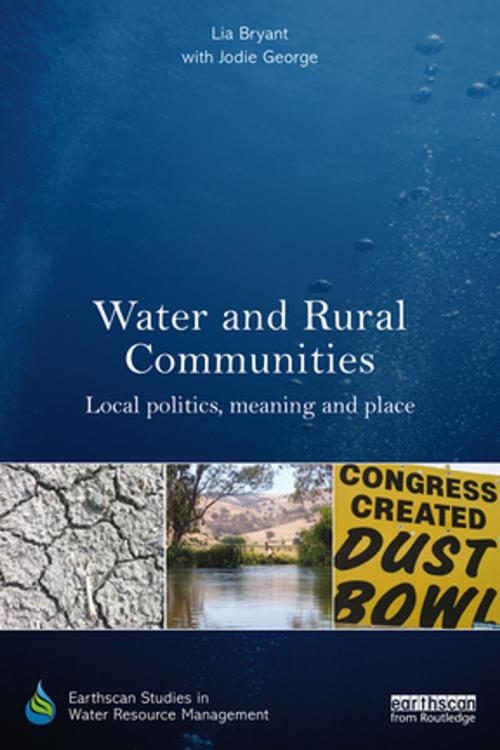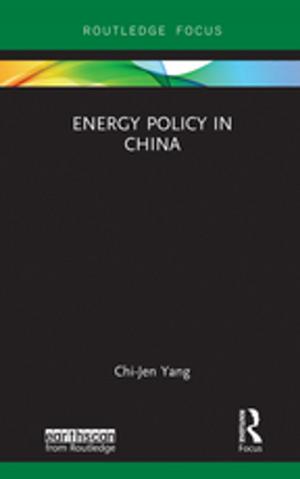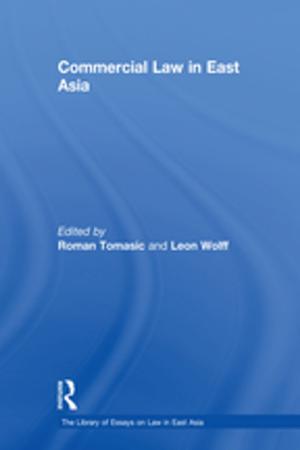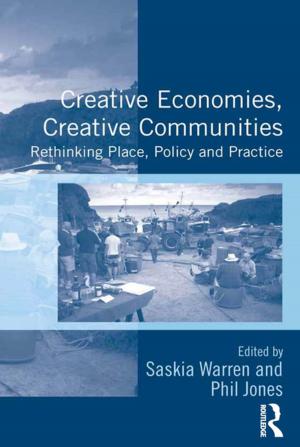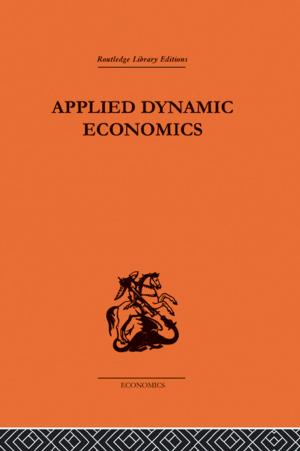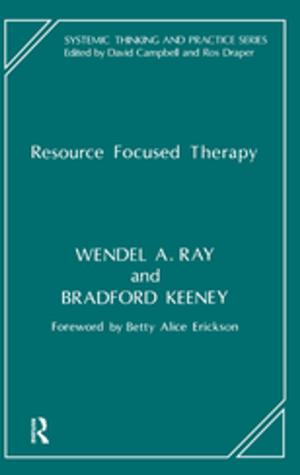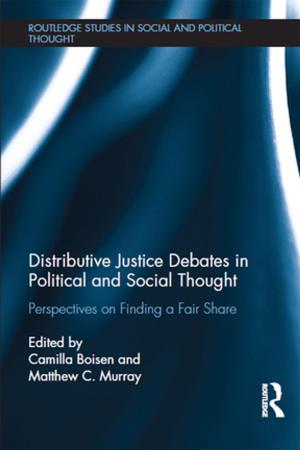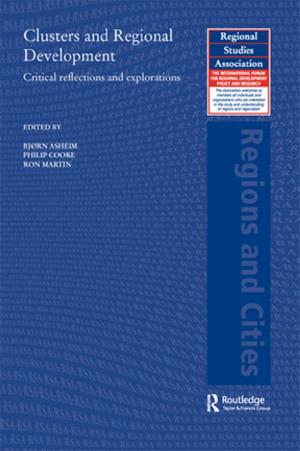Water and Rural Communities
Local Politics, Meaning and Place
Nonfiction, Social & Cultural Studies, Social Science, Sociology, Rural| Author: | Lia Bryant, with Jodie George | ISBN: | 9781317934219 |
| Publisher: | Taylor and Francis | Publication: | September 13, 2016 |
| Imprint: | Routledge | Language: | English |
| Author: | Lia Bryant, with Jodie George |
| ISBN: | 9781317934219 |
| Publisher: | Taylor and Francis |
| Publication: | September 13, 2016 |
| Imprint: | Routledge |
| Language: | English |
The overall theme of this book concerns the multiplicity and complexities of discursive constructions of water in Western economies in relation to irrigation communities. The authors argue that the politics of place is given meaning in relation to local knowledges and within multiple and multiscalar institutional frameworks involved with the social, physical, economic and political practices associated with water. They are particularly concerned with water at the local level, including how it is exchanged, managed and given meaning.
Using case studies from Australia and the United States of America, it is shown how water use and community relations, particularly during times of drought, are central to developing understandings about how communities challenge, adapt and respond to policy developments. The book also brings to light how unequal distribution of resources and risk conspicuously come to the surface during times of drought illustrating that water is a political subject occupying a unique position, moving between the natural and social worlds.
The overall theme of this book concerns the multiplicity and complexities of discursive constructions of water in Western economies in relation to irrigation communities. The authors argue that the politics of place is given meaning in relation to local knowledges and within multiple and multiscalar institutional frameworks involved with the social, physical, economic and political practices associated with water. They are particularly concerned with water at the local level, including how it is exchanged, managed and given meaning.
Using case studies from Australia and the United States of America, it is shown how water use and community relations, particularly during times of drought, are central to developing understandings about how communities challenge, adapt and respond to policy developments. The book also brings to light how unequal distribution of resources and risk conspicuously come to the surface during times of drought illustrating that water is a political subject occupying a unique position, moving between the natural and social worlds.
